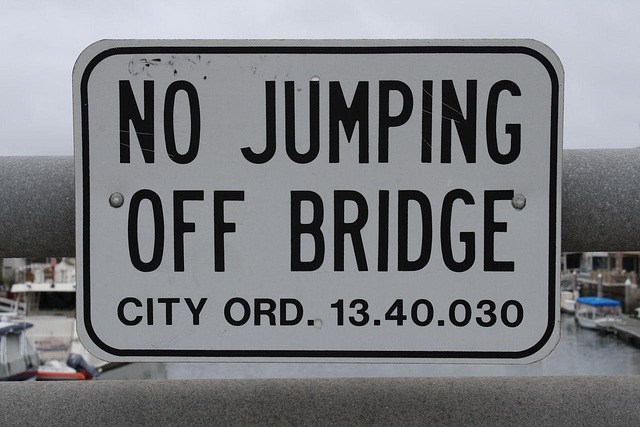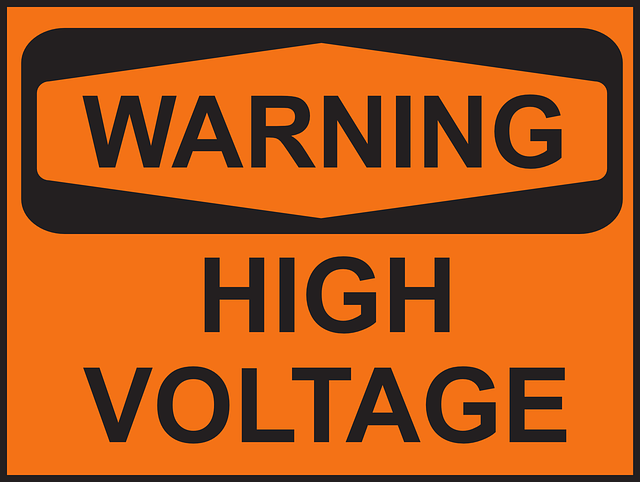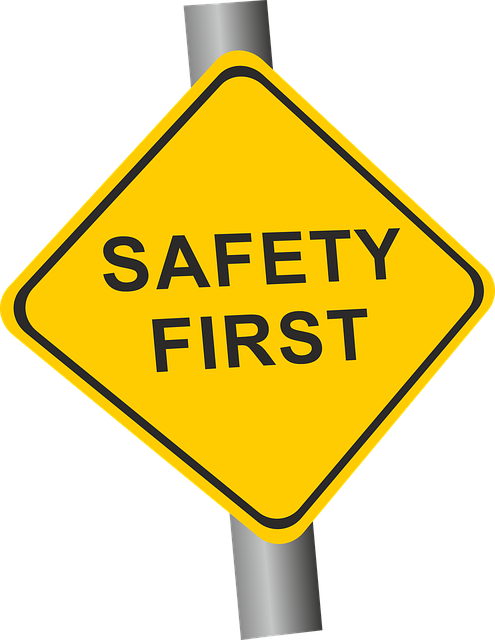Background checks, including driver and passenger safety screenings, are vital for ensuring integrity within the transportation industry. Driver background screening involves verifying fitness through driving records, employment history, and criminal backgrounds to prevent risks. Passenger safety checks prevent access by individuals with violent or terrorist histories. These measures enhance compliance, promote a culture of safety, and maintain public trust. Advanced technology streamlines these processes, while regular reviews ensure best practices for continuous industry compliance. Key terms: Background Checks in Transportation, Commercial Driver Verification, Transportation Safety Checks, Passenger Safety Background Checks, Transportation Industry Compliance, Vehicle Operator Screening.
Background checks play a pivotal role in maintaining standards within the dynamic transportation industry. This article delves into the significance of these crucial processes for ensuring safety across diverse sectors. From driver background screening to rigorous passenger safety verifications, every step is essential for transporting people and goods securely. We explore best practices for enhancing vehicle operator screening, focusing on commercial driver verification and transportation industry compliance, to ultimately foster a safer environment for all.
- The Role of Background Checks in Ensuring Transportation Safety
- Driver Background Screening: A Crucial Step for Commercial Drivers
- Passenger Safety and Thorough Transportation Industry Compliance
- Enhancing Vehicle Operator Screening Practices: Best Strategies
The Role of Background Checks in Ensuring Transportation Safety

Background checks play a pivotal role in ensuring the safety and integrity within the transportation industry. These comprehensive screenings are an essential tool for identifying potential risks before they escalate, thereby safeguarding both passengers and vehicle operators. By verifying the backgrounds of commercial drivers, transport companies can mitigate the risk of employing individuals with criminal records that may compromise road safety.
Driver background screening involves an in-depth examination of an applicant’s history, including their driving record, employment verification, and criminal history checks. This process helps identify patterns of reckless behavior, substance abuse issues, or previous convictions that could impact their ability to operate vehicles safely. Passenger safety background checks are equally crucial, as they help prevent individuals with a history of violence or terrorism from gaining access to vulnerable populations in transportation hubs. Through these thorough investigations, the transportation industry can maintain compliance with regulatory standards and foster an environment where safety is paramount.
Driver Background Screening: A Crucial Step for Commercial Drivers

Driver Background Screening plays a pivotal role in ensuring safety within the transportation industry. For commercial drivers, this process is more than just a formality; it’s a crucial step to verify their fitness and suitability for operating heavy vehicles. Thorough screening involves checking criminal records, past employment history, and any relevant driving permits or licenses. This comprehensive evaluation helps identify potential risks and ensures that only responsible and reliable individuals gain access to the wheel.
By implementing robust driver background screening practices, transportation companies can significantly enhance passenger safety. It acts as a powerful tool in mitigating risks associated with careless or unethical drivers. Moreover, it aligns with industry regulations and promotes compliance, avoiding legal pitfalls and potential accidents. Effective commercial driver verification not only safeguards travelers but also upholds the reputation of transport businesses.
Passenger Safety and Thorough Transportation Industry Compliance

In the transportation industry, ensuring passenger safety is paramount. Background checks play a pivotal role in achieving this by verifying the integrity and suitability of drivers. Through comprehensive driver background screening, including commercial driver verification, transportation companies can identify potential risks and ensure their fleet adheres to strict safety standards. These checks go beyond simple license validation, delving into an individual’s history to detect any red flags that might compromise safety on the road.
Passenger safety background checks are not just a legal requirement but also a strategic move for businesses. They help maintain the industry’s compliance with regulatory frameworks and foster public trust. By implementing robust vehicle operator screening processes, transportation companies demonstrate their commitment to transporting passengers safely. This meticulous approach contributes to a culture of accountability and enhances the overall reputation of the industry, ensuring that every journey is as secure as possible.
Enhancing Vehicle Operator Screening Practices: Best Strategies

In the transportation industry, enhancing vehicle operator screening practices is paramount for ensuring passenger and public safety. Implementing robust background checks goes beyond meeting regulatory requirements; it’s a strategic move to mitigate risks and uphold the highest standards. Driver background screening should include comprehensive verification of identity, driving history, and any relevant criminal records. Commercial driver verification must also factor in substance abuse testing and medical fitness evaluations to rule out potential hazards on the road.
Best strategies for effective vehicle operator screening involve leveraging advanced technology and data analytics. Digital platforms can streamline the process by automating background check requests, speeding up verification times, and reducing human errors. Additionally, integrating these checks into existing transportation management systems allows for real-time updates and better oversight. Regular reviews of screening protocols and staying current with industry best practices ensure ongoing compliance, fostering a culture of safety across all transport operations.














